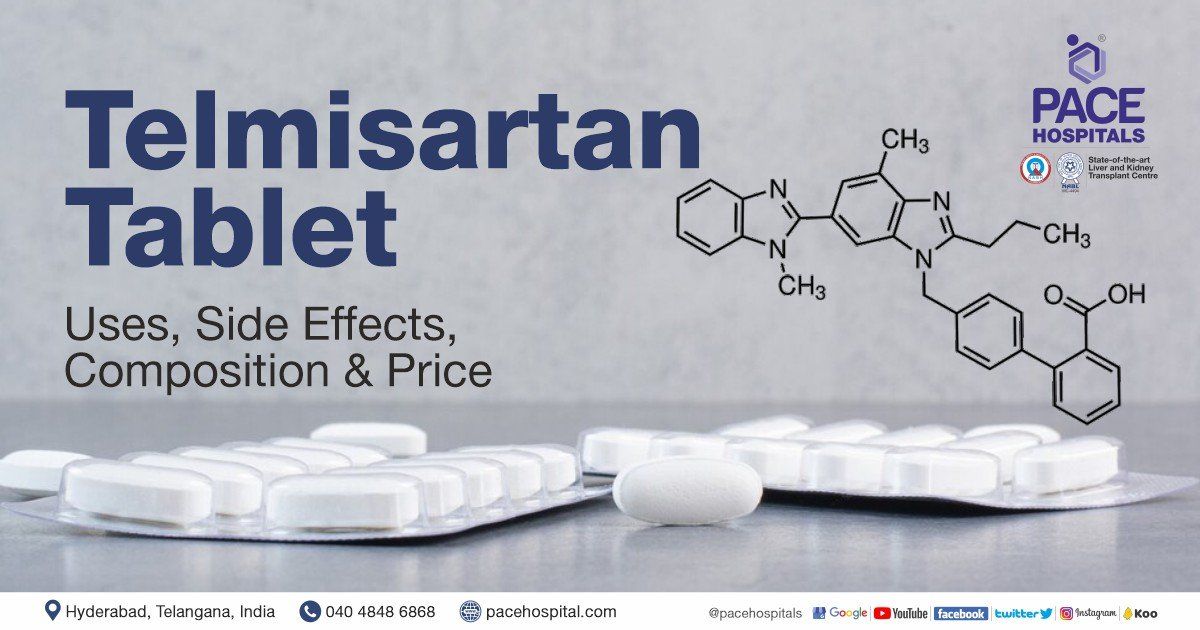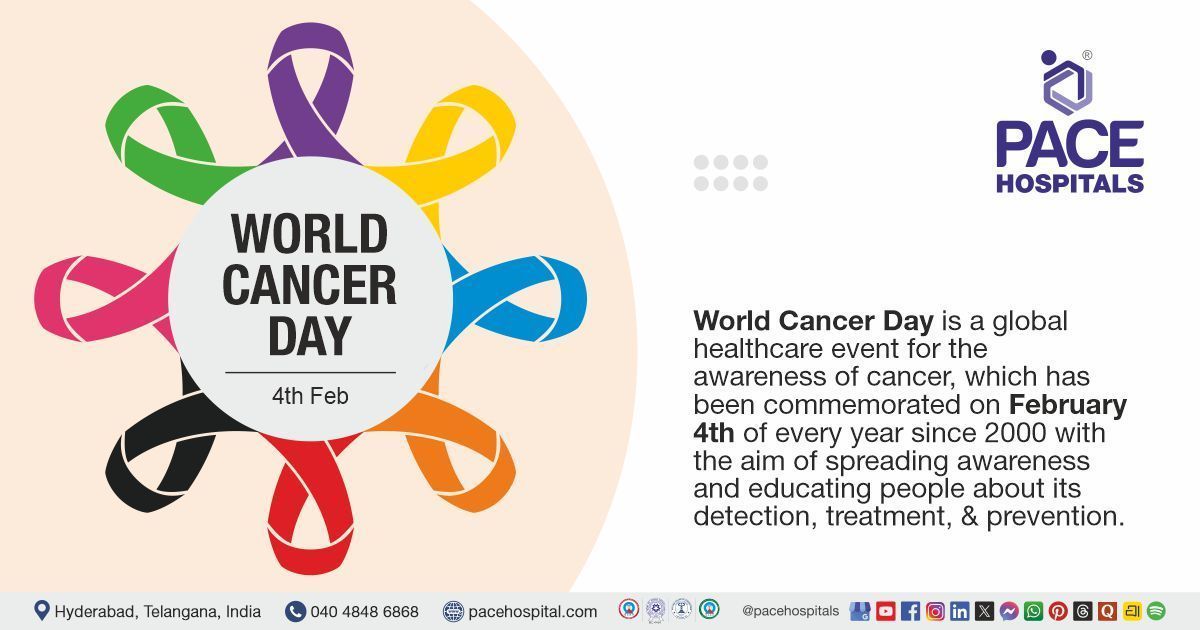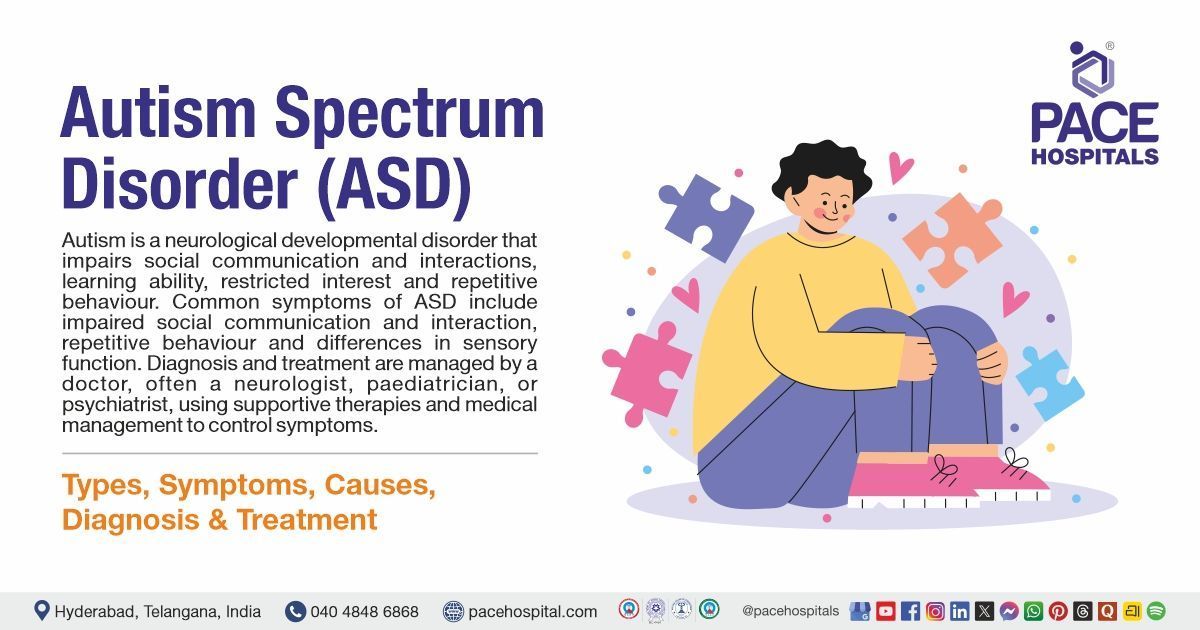Telmisartan Tablet – Uses, Side Effects, Composition and Price
PACE Hospitals
Overview
Telmisartan is a drug used mainly to treat hypertension (persistent increase in blood pressure) which belongs to the category of drug class - Angiotensin Receptor-Blockers (ARB). These ARB are usually prescribed to patients suffering with heart failure and chronic kidney disease, as hypertension is a prominent symptom in these patients.
Telmisartan tablet can also be given to any individuals at least 55 years old who have risk factors for cardiovascular disease, serious heart disorders such as stroke, heart attack etc.
Mechanism of action
As the name of the group suggests - Telmisartan tablet works on the basis of blocking angiotensin receptor in the body, due to which the protein hormone called angiotensin is not bonded. This results in the relaxation of the veins and arteries so that blood pressure is lowered apart from making it easier for the heart to pump blood. Thus, hypertension is controlled.
Telmisartan Tablet uses
Telmisartan tablet is a commonly prescribed medicine in patients with high blood pressure (hypertension) to prevent the complications of high blood pressure such as metabolic syndrome, heart attack or stroke, kidney damage, brain aneurysm, left ventricular hypertrophy, multi-infarct dementia, and also it is often prescribed alone or with one or two medicine.
Telmisartan Side effects
Various studies have been performed which demonstrated the adverse effects of ARB and telmisartan.
Organs and Systems
Respiratory System: The incidence of cough with telmisartan 80 mg/day has been reported in about 16% of the patients.
Electrolyte balance: It was noted that when patients with chronic non-diabetic proteinuric kidney disease (kidney disease in which protein is sent out through urine.) were prescribed with telmisartan and cilazapril plus hydrochlorothiazide, the extent of proteinuria was reduced, but the risk of hyperkalaemia (increased potassium level in blood) increased.
Urinary tract: Telmisartan increased the risks of renal impairment, as measured by the primary renal end-points of first occurrence of dialysis, renal transplantation, doubling of serum creatinine, or death.
Skin: Vulvar fixed drug eruptions (well-defined red to purple lesions appearing at the same sites on the skin each time a particular drug is used) have been attributed to telmisartan.
Combination of telmisartan and hydrochlorothiazide demonstrated pigmented purpuric dermatosis on the legs of the patient.
Nails: Fingernail clubbing and chromonychia (discoloration) have been reported with ARB and telmisartan.
Immunologic: Severe angioedema (an allergic trigger reaction to any medicine or chemical resulting in swelling underneath the skin.) pemphigus foliaceous (a non-contagious autoimmune condition causing painful and itchy blisters and sores on the skin, most often on your face, scalp and trunk).
Second-Generation Effects
Teratogenicity (foetal abnormalities/deformities due to a drug): Neonatal abnormalities can be observed in the newborn if the mother had taken ARB drugs during her pregnancy.
Neonate exposed to telmisartan during the first trimester of pregnancy could develop acute renal insufficiency, presenting with oligohydramnios (decreased amniotic fluid), renal tubular dysgenesis (severe kidney disorder characterized by abnormal development of the kidneys structures called proximal tubules are absent or underdeveloped).
Susceptibility Factors
Telmisartan tablet side effect in children
When telmisartan is given to hypertensive children, about 42% experienced adverse events such as headache, dizziness, and cough.
Drug Administration
Drug overdose: High doses of telmisartan and oxazepam was reported to have biochemical changes indicative of acute pancreatitis. The researchers suggested that the occurrence of mild pancreatitis following an overdose of telmisartan is a rare class effect.
Telmisartan dosage and indications
Hypertension: 20-80 mg of telmisartan van be given per day through the oral route. It could be started with 40 mg orally per day. The physician can adjust dose once every fortnight. A maximum dosage of 160 mg/day can be given.
Cardiovascular event risk reduction: 80 mg orally per day. While renal impairment doesn’t warrant any changes in dose, hepatic impairment on the other hand necessities the physician to start with low doses but titrate them gradually.
Telmisartan tablet is rapidly absorbed, although the amount absorbed varies. Telmisartan, when compared with the other commercially available ARBs, has the longest half-life of about 24 hours suggesting a long duration of action, which ensures the control of blood pressure with the once-daily dosing interval.
Contraindications of Telmisartan tablet
Telmisartan tablet is contraindicated in the patient who is hypersensitive to the drug. It is also contraindicated in pregnancy.
Caution must be maintained if the patient is diagnosed with:
- Renal artery stenosis (the narrowing of one or more renal arteries)
- Renal impairment
- Hepatic impairment
- Volume depletion (also called extracellular fluid volume contraction which occurs as a result of loss of total body sodium resulting in increased heart rate, and orthostatic hypotension)
- Hyponatremia (low concentration of sodium in blood)
- Severe congestive heart failure (heart muscle can’t not pump blood as well as it should)
Difference between losartan and telmisartan
Depending upon the terms of mechanism of action, there is no difference between losartan and telmisartan as both of them belong to the same therapeutic classification of drugs (angiotensin II receptor blockers).
Both work in reducing hypertension while demonstrating advantageous structural effects in the blood vessels, the kidneys and heart. There are little differences between them, such as:
| Character | Losartan tablet | Telmisartan tablet |
|---|---|---|
| Accession | Losartan was the first angiotensin II receptor blocker to become available to the public. | Telmisartan is a more recently developed drug of the same therapeutic class. |
| Active metabolite conversion | Losartan is a pro-drug and requires cytochrome P450-mediated biotransformation to yield the active metabolite EXP-3174 | Telmisartan is pharmacologically active and does not require conversion to an active metabolite. |
| Excretion | Losartan is predominantly excreted in urine | Telmisartan is excreted almost exclusively in the faces. |
| Half-life | EXP-3174 (metabolite of losartan) is in the range 6-9 hours | Telmisartan is half-life about 24 hours |
| Duration of action | Shorter | Longer |
| Dosage | 50–100 mg once daily | 40–80 mg once daily |
Telmisartan Price list
The 35 most common brands of telmisartan tablet are given below:
| Product | Company | Price (Rs.) |
|---|---|---|
| Telect 40mg Tablet 10s | Lupin | 8.00 |
| Temsan 40mg Tab | Emcure Pharma | 27.46 |
| Telmikind 40mg Tab 10s | Mankind Pharma | 28.30 |
| Zitelmi-40 Tab | FDC | 59.00 |
| Telvas-40 Tab | Aristo Pharma | 59.00 |
| Telong 40mg Tablet 10s | Bal Pharma | 60.00 |
| Hitarget-40 Tab | Panacea Biotec | 62.30 |
| Ibtel 40mg Tablet 10s | Indiabulls Pharmaceutical | 65.60 |
| Telast 40mg Tablet 10s | Intas | 65.60 |
| Telwin 40mg Tablet 10s | Psychotropics India | 66.96 |
| Telminorm 40 Mg Tablet 10s | Ipca Labs | 66.98 |
| Teli-40mg Tab | Cadila Pharma | 66.98 |
| Arbitel 40mg Tablet 10s | Micro Labs | 67.00 |
| Macsart-40mg Tablet 10s | Macleods | 69.00 |
| Aztel 40mg Tablet 10s | Azkka Pharmaceuticals Pvt Ltd. | 69.04 |
| Telcard 40 Mg Tablet 10s | Micro Labs | 69.26 |
| Telpres 40 Mg Tablet 10s | Abbott India | 69.27 |
| Tigatel 40mg Tablet 10s | Sun Pharma | 69.33 |
| Tazloc 40mg Tablet 10s | USV | 78.00 |
| Targit-40mg Tab 15s | Pfizer | 82.00 |
| Micardis 40 Mg Tablet 10s | Boehringer Ingelheim | 93.77 |
| Telsartan 40 Tab 15s | Dr. Reddy | 95.50 |
| Teleact 40mg Tab | Sun Pharma | 100.13 |
| Telista 40 Mg Tablet 15s | Lupin | 100.46 |
| Telsar 40mg Tablet 15s | Unichem | 100.46 |
| Tetan 40mg Tablet 15s | Torrent Pharma | 100.46 |
| Cresar 40 Mg Tablet 10s | Alembic Pharma | 103.90 |
| Tellzy 40mg Tablet 15s | Cipla | 103.91 |
| Telma-40mg Tab | Alembic Pharma | 103.91 |
Frequently Asked Questions
Share on
Request an appointment
Fill in the appointment form or call us instantly to book a confirmed appointment with our super specialist at 04048486868











